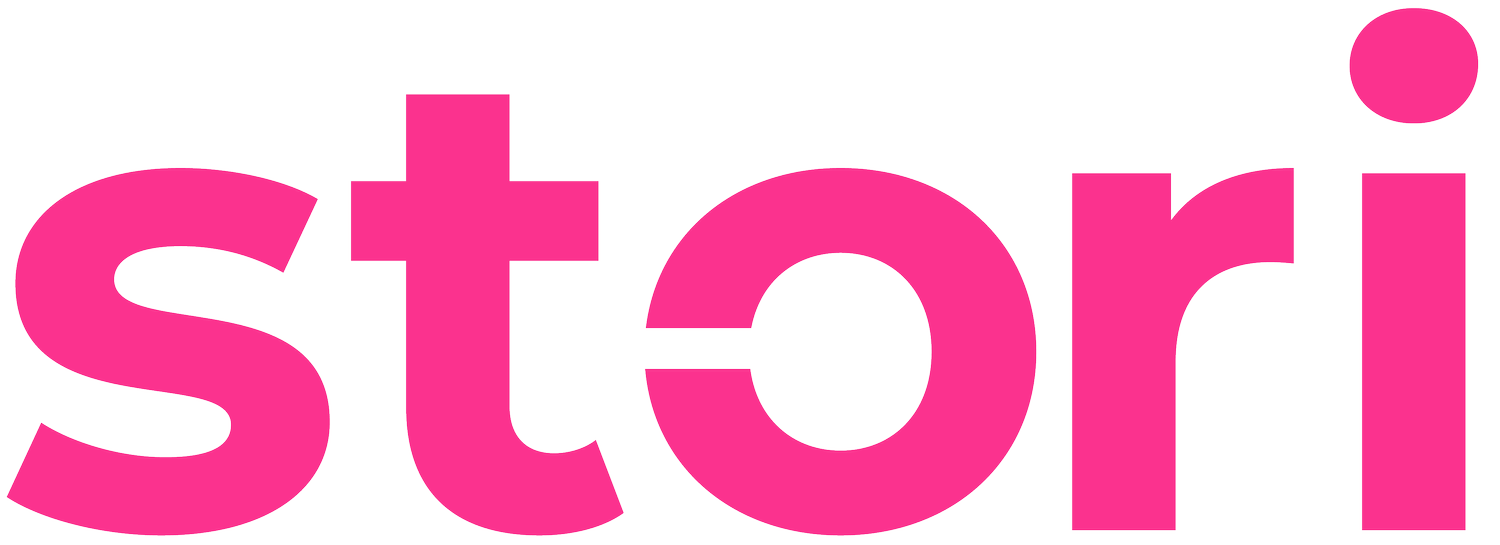Agency relationships, future student recruitment events and new ways of working - what didn’t we cover?!
Photo by Rishabh Dharmani on Unsplash
January 2020. You’re planning the next UCAS fair, student open days are in the diary, everyone’s based in the office. Conversations at 12.45pm range from competing sandwich fillings, to who’s going to make the next round of teas…
Fast forward to now and we’re still navigating our way through Covid. In the world of higher education priorities remain the same but the way they are achieved has changed.
In this series, in partnership with the Education Cubed team, we talk with university marketing and communications leaders about what those changes mean for them, their teams, audiences and institutions.
We start the series on the topic of agencies and their relationships with universities. Martyn Edwards, director of marketing and advancement at Loughborough University tells us: “They [agencies] can be seen to bring an unbiased perspective that cuts through internal issues and helps to drive change.”
Alison Kerwin, director of marketing at the University of Liverpool says that the current workload means there is always a place for agencies in the HE sector. She says, “we could all double or treble our teams and we could still all feel that there’s much more to do. And I think agencies give you that space.”
Read more on the best model of universities working with agencies: The university & agency relationship – what’s the best model of working?
The second blog looks at creating a sense of place at student recruitment events, it shines a light on the opportunities as well as headaches created by the pandemic.
We talk about widening participation and accessibility with Justin Cole, former director of marketing and communications at Bournemouth University. He explains, “a traditional open day may be ‘overwhelming’ for those on the autism spectrum, for example, magnifying the benefits of virtual over the physical.”
For Demetria Maratheftis formerly of London Metropolitan University, HE institutions form a central role in the cities they inhabit. She explains, “it’s not only about teaching, it’s also about what that university represents to its local community, being a civic university is really, really important.”
Read more on how to engage the senses through student recruitment events here: Engaging the senses – what’s the future for university student recruitment events?
In our third and final piece, we focus on the future of work for higher education marketing teams. We cover everything from a battle to retain talent, to tearing up the rule book and making work suit our personal schedules.
Dee Reid, director of external relations at Leeds Beckett University made the very salient point that “creativity doesn’t always strike between nine and five.” She also suggests that HE institutions should consider a break from the traditional timetable, as well as looking at hybrid working.
Read more on how the future of work for different universities compare here: Office Hours – the future of HE working
So what’s next? Jo Redfern, managing director of Education Cubed shares her thoughts.
“It’s been a long, tough road but there is light at the end of the tunnel. Marketing teams have never had a more important role to play in communicating the personality and experiences that their institutions have to offer.”
At Stori, we think the conversations we were having in 2020 (pre-pandemic) will always continue. But in an ever-changing and unpredictable world let’s keep talking about our experiences, sharing frustrations and difficulties as well as opportunities, so we can help make 2022 be a great year for all.
If you want to talk with us about how to tell your story get in touch with trina@stori.works

